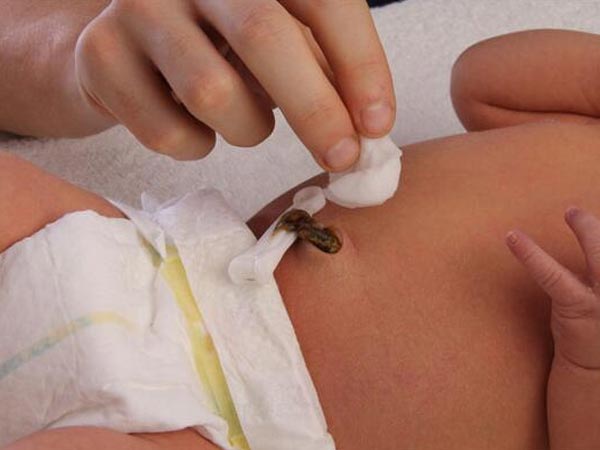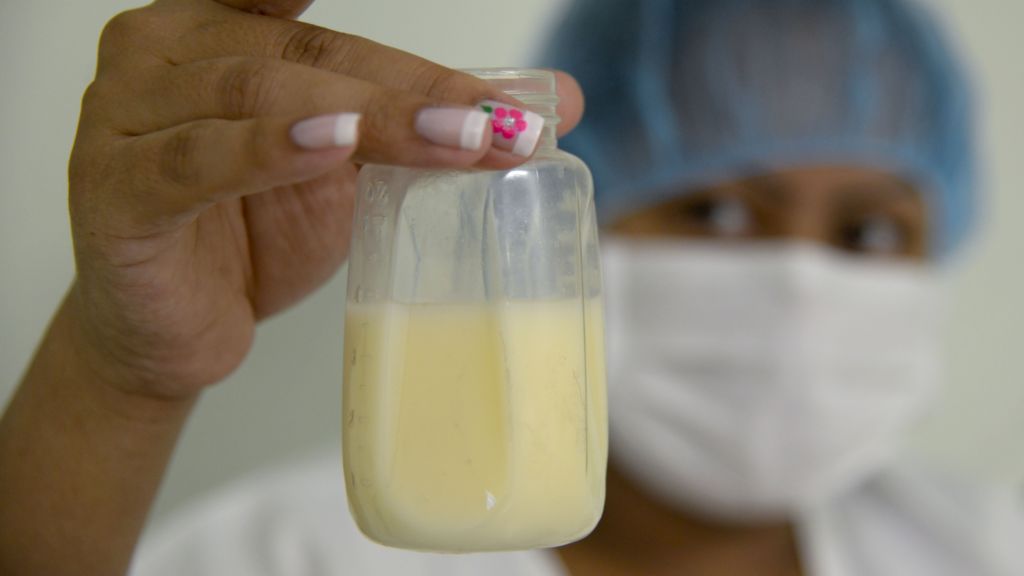Warning: Invalid argument supplied for foreach() in /home1/redcare1/public_html/wp-content/themes/uplift/swift-framework/content/sf-post-formats.php on line 89

Care of the newborn includes all activities which ensure their continued health and normal development. Newborn babies (from birth to 1 month) and infants (1 month to 1 year) are at a stage where they are most susceptible to infections, malnutrition, and injury. Hence, adequate and appropriate care is important to prevent debilitating and long term effects of the aforementioned conditions.

Care usually begins in pregnancy. Attending antenatal clinic is imperative for good health in both mother and child. Tests are carried out to screen for abnormalities and ensure baby is growing normally. Routine drugs are also given for the continued good health of both mother and child. An example is folic acid which helps to prevent conditions such as spina bifida, and microcephaly (small head) in the child. Furthermore, attending antenatal allows the mother to effectively plan a delivery in a good center.
Following any delivery, several steps are taken to assess and ensure the health of the newborn, usually performed by the healthcare professionals.
There is plenty parents can also do in making sure their babies are healthy including:

- Making sure you are well informed about the decisions made by the health team. This may prove very important in the future. Ask questions, it is your right!

- Urine and Bowel Movement: A baby should urinate and pass feces at least once within the first 24 hours of birth. The first feces is usually green colored and is called meconium.

- Cord care: The process of cutting umbilical cord is one of the fastest routes through which a newborn can get infected. It must be kept clean and dry at all times, do not apply dirty cloth or use any ointment not recommended by a doctor. Report any swelling, redness or discharge to a doctor as soon as possible.

- Ensure circumcision and body piercings are carried out by a healthcare professional in a clean environment and with clean instruments.

- Skin: Most newborns have some form of rash especially during the first 2 weeks, and these are typically mild and tend to disappear without treatment. Show these to your doctors irrespective, and don’t use any cream, lotion or powder that wasn’t recommended as these may worsen the rashes.

- Weight: after about 10 days of life, babies should gain 20 – 30 grams per day and should weigh twice their birth weight by 6 months. Monitor this closely.

- Feeding: breast milk is the ideal food for newborns. Every mother should aim to breastfeed their child within 24 hours of birth, as the first milk produced called colostrum, is very rich in nutrients and antibodies which are very beneficial to the baby. Do not discard colostrum.

- Exclusive breastfeeding: extensive research has revealed that feeding your child only breast milk for the first 6 months of life is very advantageous to the child. It improves immunity, growth and development, and reduces the chances of disease.

- Appropriate solid food/formula: should be introduced between 6 months and 1 year. Baby’s cups and spoons must be separated from adults’ and be kept under hygienic conditions.

Overall, being very observant is the hallmark of good newborn and infant care. Always be on the lookout for any change in skin/eye color, feeding habits, bowel habits, temperament etc. and report promptly to a health worker, preferably a pediatrician.
- Umar Adegoke M.D.
NB: All images were sourced from Google



